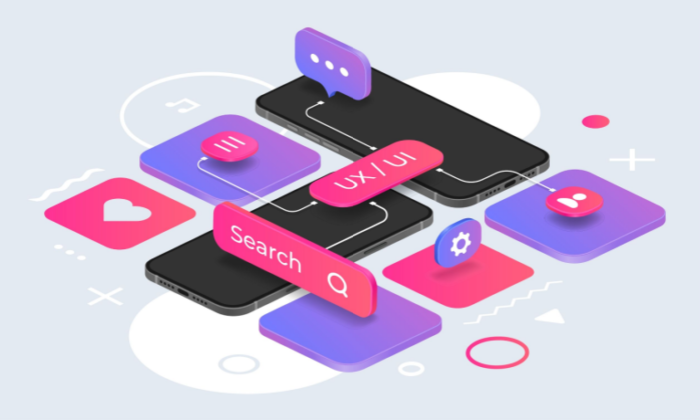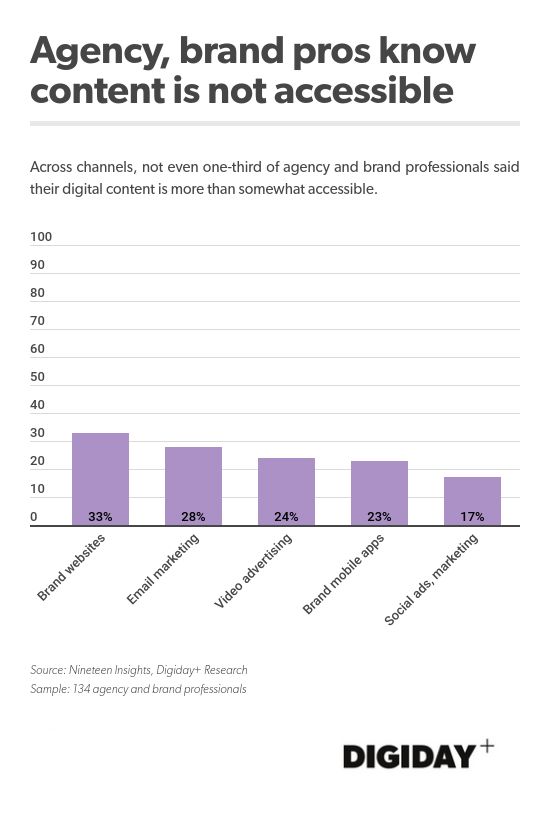A Brief History of Disability Pride [+Why Businesses Should Embrace It]

By pbump@hubspot.com (Pamela Bump)
As a legally blind woman, it took me years to disclose the full extent of my disability to employers. When I did, I downplayed my blindness as “just a bit of nearsightedness,” or I had to give a disclaimer of, “It’s never held me back and I have references to prove it.”
And, if I had to go back in time, I’d do the same thing.
Why? Even if I had a great manager, I couldn’t deny the stats that were engrained in my mind. Although one in five U.S. adults has a disability, more than one-third of corporate employees report negative bias or discrimination at work.
If that stat seems tough to swallow, imagine reading it as a young professional with a disability.
Because of hard data, combined with the fact that I knew no one like me in my field, I was terrified to mention my disability.
Now, at HubSpot, I’ve safely opened up about my blindness. Through doing so, I’ve met others with disabilities. I’ve even helped other colleagues to form HubSpot’s first Disability Alliance, which provides education, virtual meetups, and resources to our allies and others in the disabled community.
One thing I’ve discovered is that disability impacts almost all of us — regardless of race, gender, or geographic region. If you don’t have a visible or unseen disability right now, you might learn how to navigate one as you age. If not, you might have a friend or family member that navigates a disability every day.
Unfortunately, there are still employers that will ignore someone’s achievements due to physical or mental disabilities. Sadly, because disabled people might be limited by location or financial restraints, they might still have to endure judgment in the workplace to earn a living wage.
But, although I’d still avoid disclosing my blindness if I went back in time, I believe we can work towards a future where people like me can safely own their identities at work.
And, there’s no better time to start than July (a.k.a. Disability Pride Month).
These endeavors encourage those with disabilities to show pride in what makes them unique while encouraging allies to promote the visibility and representation of those in this group.
Disability Pride Month is also an important time to look back and reflect on all the great strides that the disabled community has made in the past. When we look back on positive historical outcomes, it can motivate us to act for a change and a better future for those with disabilities.
Why Marketers and Businesses Should Embrace Disability Pride
Although Disability Pride Month is only observed in July and primarily within the United States, Disability Pride can be celebrated every day by marketers, managers, and companies around the globe.
While marketers can take time to brainstorm new ways to make their campaigns, offerings, and content more inclusive and accessible, managers and employers can consider how they can …read more
Source:: HubSpot Blog







